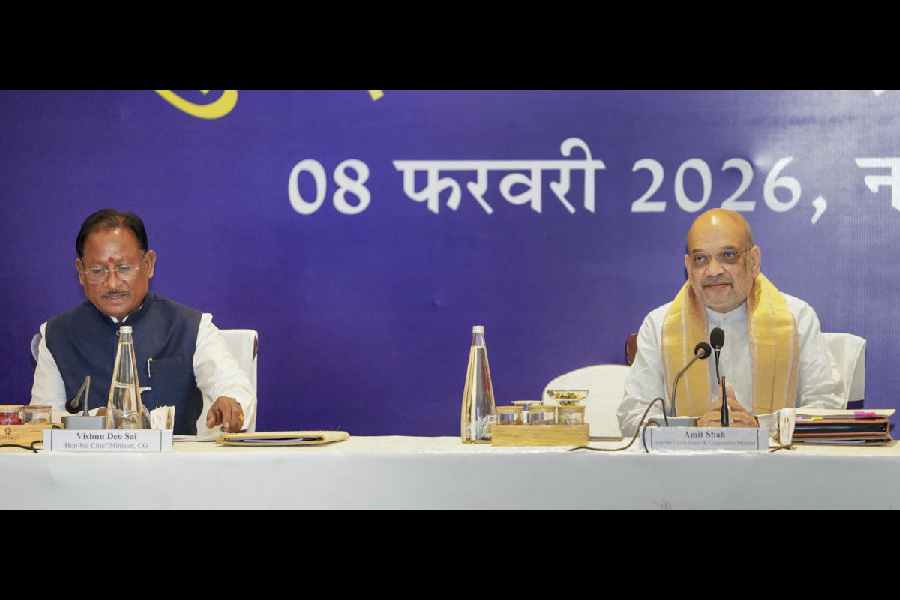 |
| File picture of students collecting admission forms at a junior college in Bhubaneswar |
Bhubaneswar, July 22: Plus Two e-admission statistics have revealed that of the 5.22 lakh students, who had applied online, only 17 per cent have email accounts.
It was found that only 90,852 had provided their e-mail ids in their forms. The students, who have applied for degree courses are no better. Of the total 2.49-lakh applicants, only 53,979 students have email accounts.
Computer education and access to Internet continues to elude government schools in the state, particularly in rural areas, despite ambitious schemes such as the Information and Communication Technology (ICT) in Schools Scheme launched under the Rashtriya Madhyamik Shiksha Abhiyan as early as 2004.
The programme aimed to help students in government schools build their capacity on ICT skills and learn through computer aided learning process. In Odisha, the first phase of ICT scheme has been extended to as many as 4,000 government and government aided high schools and 5.59 lakh students.
Around 25,000 teachers have been trained in computer operation. In its second phase, the scheme proposes to extend it to 2,000 more school befitting 3 lakh more students.
“While most students in city schools create their email ids from as early as Class V, it is a matter of concern that students passing out matriculation are yet to have their own email accounts,” said Debendra Pati, a teacher at DAV Public School, Chandrashekharpur.
“It is understood that a poor student from a rural village will not have a laptop or a computer at his place. But it is not understood as to why teachers do not help the students to create email accounts and access it,” he said
Most students in private schools depend on the web to find information and complete their assignments. They also rely on sites such as Wikipedia and the social media to find resources and materials, take part in competitions and remain updated about fields they are interested in.
“The access of Internet between the urban and the rural is definitely leading to troubling disparity in education. Technology has become essential for students as early as pre-schools where students are taught alphabets and rhymes through smart classes, said Sulagna Dwivedy a school teacher.
Somanamika Ray, principal of Capital High School, however differed. “It is wrong if we say that not having an email id means students do not know computers. The students very much know operating computers, but they use it the wrong way. A lot of students in my school know how to play games on computers, but do not know how to use the search engines to get resources for their studies.”
Teachers in government schools alleged that although the computer labs were ready and teachers trained, most of them were not functional. “We have trained teachers and computer labs, but there is no course or syllabus. We do not know what to teach,” said Bikash Jena, a government schoolteacher.










